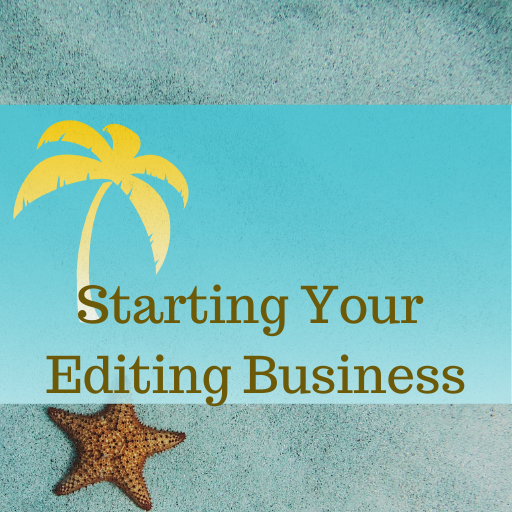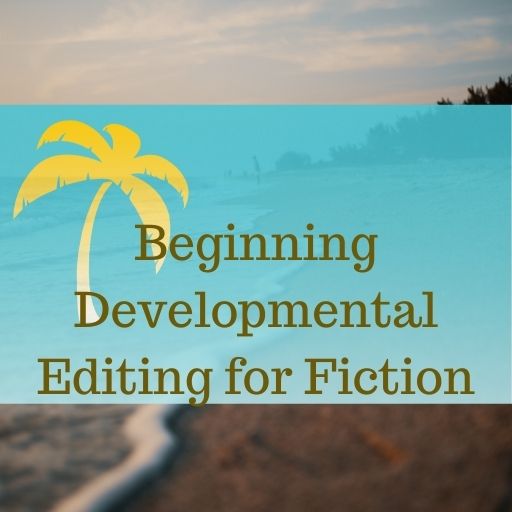Basics of a Book Editor Contract
These basics of a book editor contract will help ensure you cover a few important considerations when setting up your editing business.
Just the Basics of a Book Editor Contract
I’m not going to get into the ins-and-outs of contracts, since I’m not a lawyer and crafting a legally binding contract is best left to a lawyer who has passed the bar in your area and can effectively guide you. Some writers’ and editors’ organizations have templates that you may find useful as a starting point.

Tips for an Editing Contract
That said, I do recommend that any contract/letter of agreement cover these items (there may be others you’ll want to include, based on your experiences and your lawyer’s recommendations):
- The scope of the work (what you’ll be doing and what the client can expect in terms of your availability for answering questions or doing additional rounds of editing).
- Deliverables (how you’ll do the work, such as sending a revision letter or making a conference call).
- Deadlines for when you will do things and when the author and/or client will do things (e.g. “Author will deliver the complete manuscript by June 30, and Editor will complete her edit no later than July 21.”)
- When and how payment is to be made (depending on the client and the project, I either ask for complete payment up front, or half up front and half on delivery) and how much you’ll be charging.
For indie authors who work directly with me, I also have a disclaimer stating that I have no copyright interest in the work and that the author is free to use any of my suggestions, edits, and ideas without reservation. This assures authors that their work is their work, and that I understand that and won’t be demanding a share of royalties next year when the book hits the bestseller lists.
You may also want to include some language about what happens if the client is not satisfied with your edits.
Tips for Editors & Writers
Let the manuscript teach you how to edit it
One of the lessons I’ve learned over many years of editing is that you have to let the manuscript teach you how to edit it. Every manuscript is different and every manuscript needs a different touch. Even when an author does something I’ve seen many times before, I have to edit for that particular manuscript,…
Helping Authors Strengthen Story Settings
The setting of a novel consists of multiple elements, big and small, that nest inside each other like those little Russian dolls. We might show this hierarchy of settings like so: If you think about it, the micro setting of “the living room of 601 San Mateo Road Apartment 16” implies the existence of all…
Setting problems: lack of concrete locations
Writers often use setting like a painted backdrop to their stories, rather than as an integral element of their storytelling. As DEs, we can help them make the setting come to life. If we think of Wuthering Heights, we think of the Yorkshire moors. When we think of Moby Dick, it’s a whaler on the…
Join the Club!
New to story editing? Begin at the beginning.




